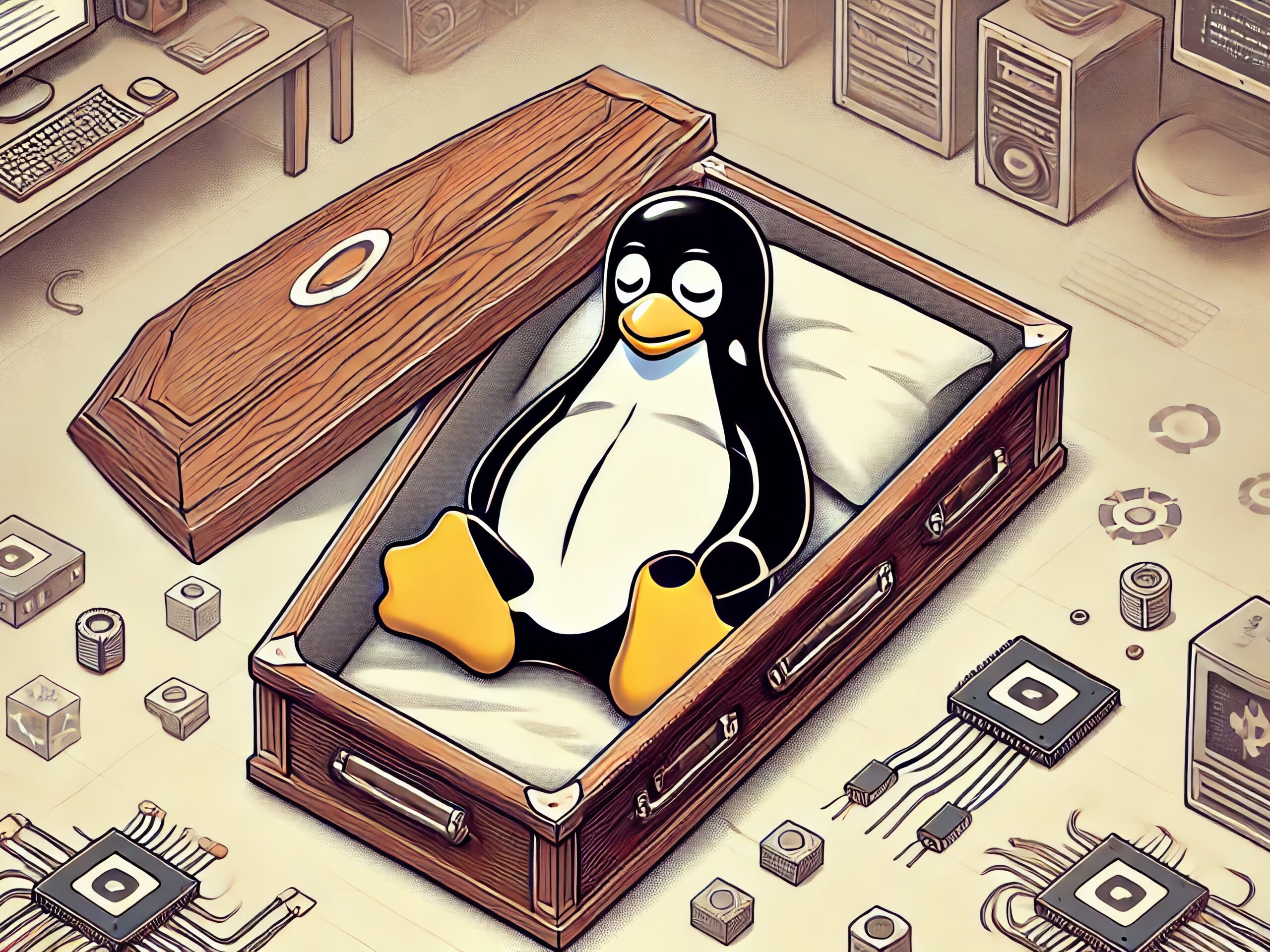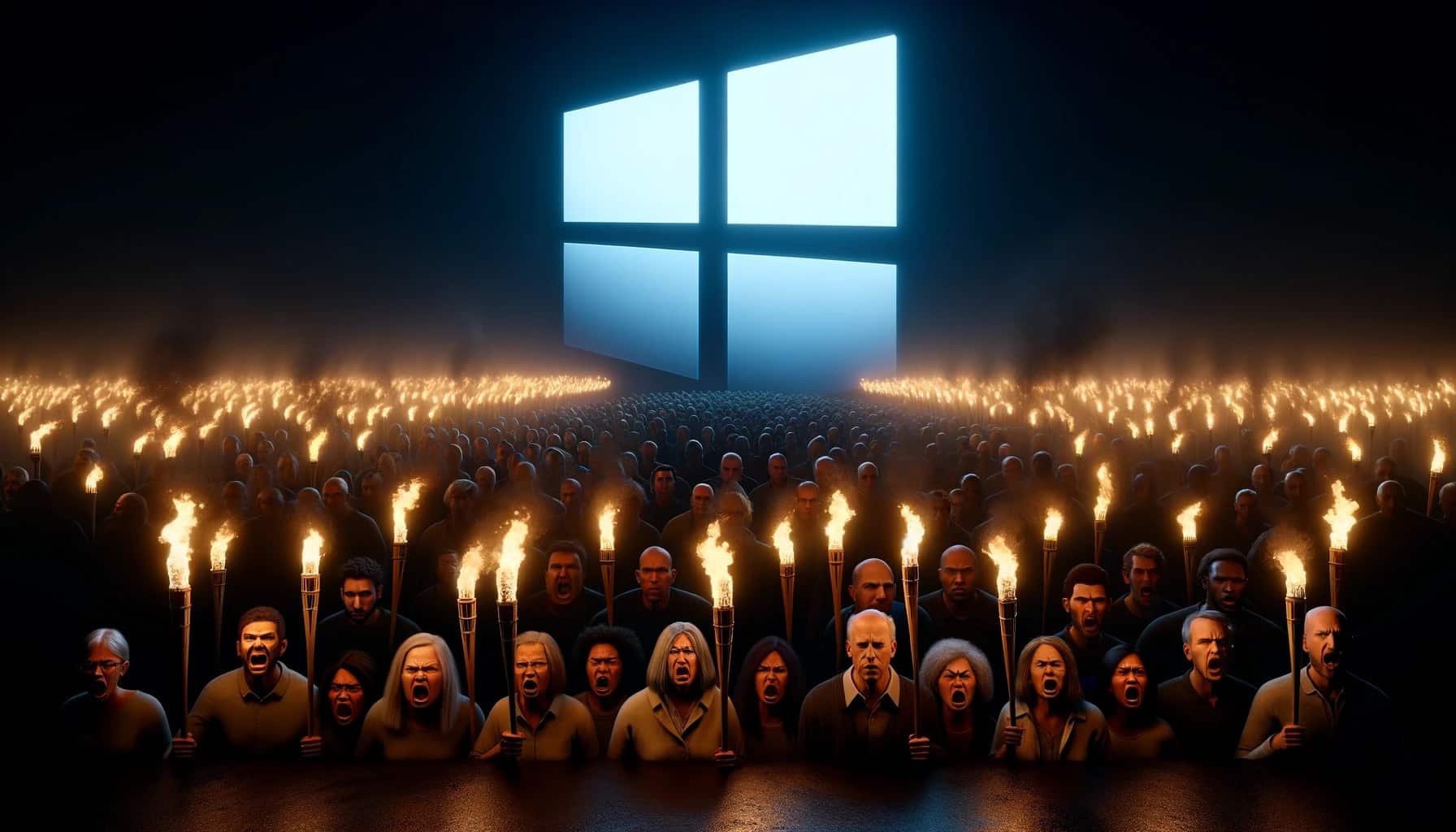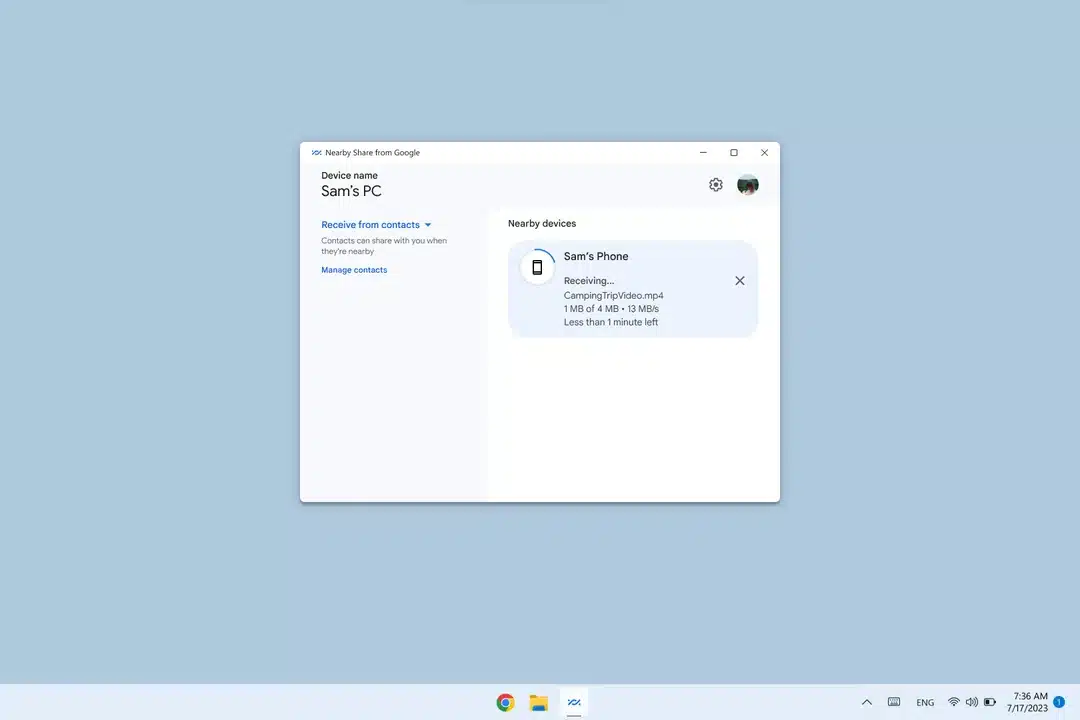
Apple Intelligence is a disaster but it’s rolling out to more languages anyway
Pardon my crude language, but Apple Intelligence sucks. Sorry, but there’s no way to sugarcoat it. Apple is literally worth trillions of dollars, and despite having what is essentially unlimited resources, its AI service is absolutely horrid. In fact, it is so bad, that many users just turn it off entirely. Hell, there is even an entire subreddit dedicated to its failures.
What makes Apple Intelligence so terrible? Well, there are many things, but the most comical is the horrible job it does with summarizing notifications. Case in point, if my doorbell camera detects a person in the morning, and a person in the afternoon, Apple Intelligence will later warn me that multiple people are detected -- making it sound like a gang of people are on my front porch at the same time.

What happens to Linux when Linus Torvalds dies?
The Linux kernel is at the heart of countless operating systems, powering everything from smartphones to servers. At the center of its development for decades has been Linus Torvalds, a name synonymous with the project itself. But what would happen to the Linux kernel if Linus Torvalds were to suddenly pass away?
First, it’s crucial to recognize that while Torvalds is the most prominent figure in Linux development, the kernel itself is the product of a vast, global community of developers and maintainers. Over the years, Torvalds has overseen the direction and quality of the kernel, ensuring the code adheres to stringent standards and that the development process runs smoothly. However, he is not the only contributor by any stretch. Thousands of developers worldwide contribute code, bug fixes, and improvements to the project.

Microsoft rolls out major privacy overhaul for Windows 11 Recall after user backlash
Microsoft is responding proactively to user feedback on its upcoming Recall feature for Windows 11 Copilot+ PCs, enhancing privacy controls ahead of its release. This move comes as part of an ongoing effort to balance powerful AI functionalities with user privacy and security, a critical focus as the tech giant pushes forward with innovative new features designed to redefine personal computing.
Introduced on May 20, the Recall feature aims to transform the way users interact with their PCs by enabling them to retrieve previously viewed content through an AI-powered visual timeline. This system captures and encrypts snapshots of the user's screen, storing them locally to maintain privacy. Users can manage, pause, or delete these snapshots at their discretion, ensuring control over their digital footprint.

Google's Nearby Share officially comes to Microsoft's Windows 11
Google's innovative feature, Nearby Share, used by nearly 3 billion Android devices worldwide, has long made file sharing a breeze across smartphones, tablets, and Chromebooks. Earlier this year, in a move to expand its reach, Google initiated a beta version of Nearby Share for Windows PCs.
The expanded capability of Nearby Share opened the doors to a new kind of hardware connectivity between Android devices and Windows PCs. The Nearby Share for Windows app, which was globally available for download as a beta, has already seen an installation count exceeding 1.7 million, showcasing its growing demand.
